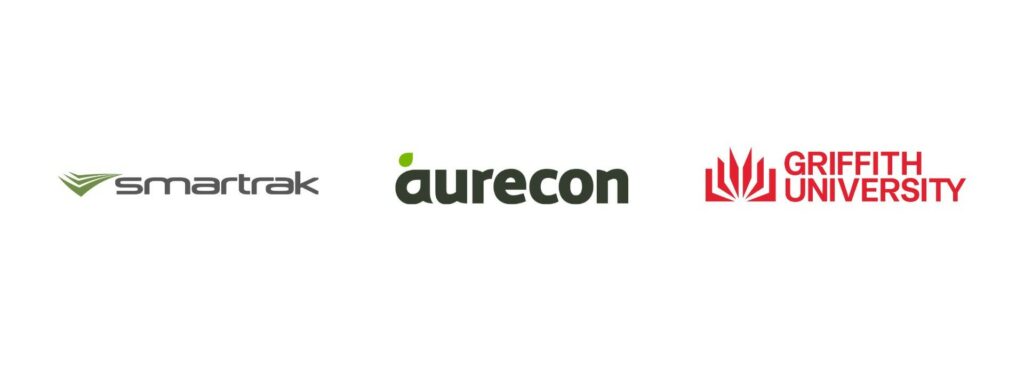Role
Industry
Solutions
Products

Smartrak is excited to announce a groundbreaking EV Enablement Initiative that will see the development of industry-leading software, for the frictionless operation and management of electric vehicles.
Collaborating with a handful of forward-thinking organisations, Smartrak will form a Special Interest Group (SIG). This includes Griffith University, a sustainability leader committed to the environment and social justice, and Aurecon, an international design, engineering and advisory company.
“This Initiative is a unique opportunity for us to work closely with these customers to shape the development of EV enablement software,” says Dr Sharlene Smith, Smartrak’s Business Manager - Sustainability Initiatives. “The innovative co-development process will ensure that we’re developing the solutions that will advance the adoption of EVs within fleets.”
The Initiative will focus on several areas that are critical to successful EV adoption and maximised EV utilisation. These include EV charge management and prioritisation, reporting and insights, and emissions management. There will also be a focus on end-user functionality that facilitates and streamlines the integration of EVs into fleets.
“Aurecon are thrilled to work alongside Smartrak in our journey to decarbonise our vehicle fleet, says Rich Mitchell, Aurecon’s Intelligent Transport Systems ANZ lead.
“As Griffith University has progressed its fleet to electric vehicles, it was crucial to us to also have fleet management and booking systems that not only effectively facilitated the operations of the EV fleet but encouraged and supported its users in adapting to using electric vehicles,” says Mitchel Howard (Acting) Manager, Parking, Traffic & Logistics.
“This was the driving force behind partnering with Smartrak and engaging in their Sustainable Transport Initiative,” says Mitchel Howard. “They are leagues ahead of the market in not only EV fleet management but engaging with customers like us to adapt their system to our needs and priorities. The Sustainable Transport Initiative has allowed Griffith University to vocalise our priorities such as emissions reporting, reporting on FBT savings due to increased EV use and customising Smartrak’s new Trip Planner to focus on intercampus travel.”
“The momentum of EV adoption in fleets is only going to build,” Dr Smith says. “We also recognise that EVs present a number of new challenges that currently constrain adoption. We see this Initiative as a way to develop the software that makes managing EV fleets as simple and straightforward as any ICE fleet. Our Initiative partners will provide the unique insights into how we achieve that.”
The key element that sets this Initiative apart from normal product development is the leading role that our industry partners will play in setting goals and assessing outcomes. As members of the SIG, participants actively contribute to and guide the functionality, user experience, and capabilities of the final solution. In doing this, they share experiences and insights within the group to foster a truly collaborative process.
“The primary objective of the Initiative is to create products and features that address the true needs and expectations of the market,” says Peter Grant, Smartrak’s Chief Executive Officer. “We want to remove friction from a fleet’s transition to electric vehicles.”
The intention is to limit the membership of the SIG to a small group of organisations with a shared commitment to EV integration. To this end, Smartrak is inviting organisations (you don’t have to be a Smartrak customer) to join the SIG and participate in a unique opportunity to co-design the tools that will accelerate the transition to EVs.
Smartrak proudly leads the charge as the foremost provider of advanced EV fleet management and Sustainable Transportation solutions. Dedicated to facilitating EV enablement, addressing administration, and streamlining shared fleet management throughout Australia and New Zealand. Our expertise positions us as the preferred choice for government agencies, councils, healthcare, and utilities organisations, assisting them in their transition to Net Zero by enhancing fleet visibility, optimising utilisation, right-sizing their fleets, and effectively managing their electrified vehicles.